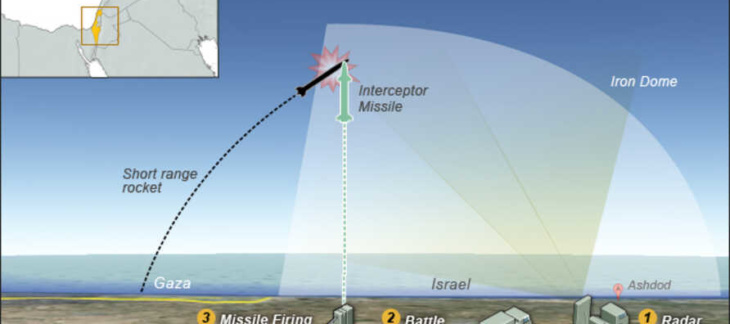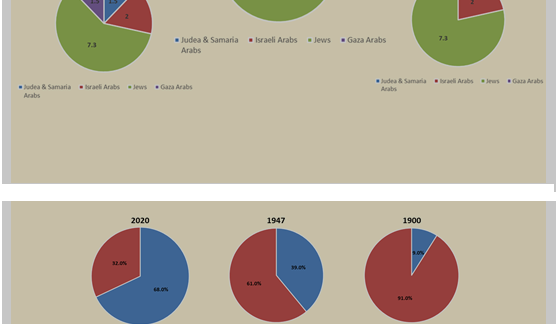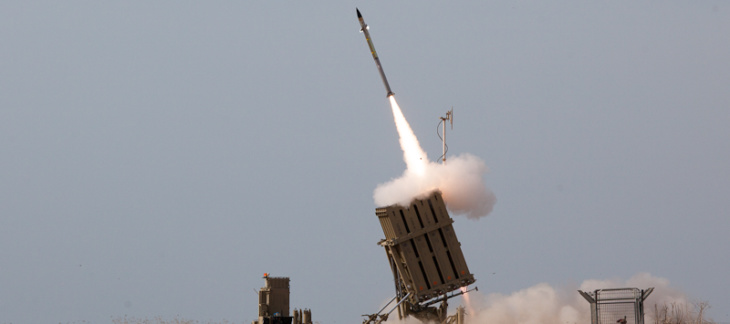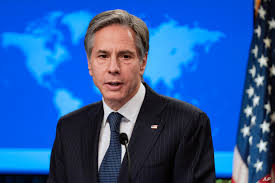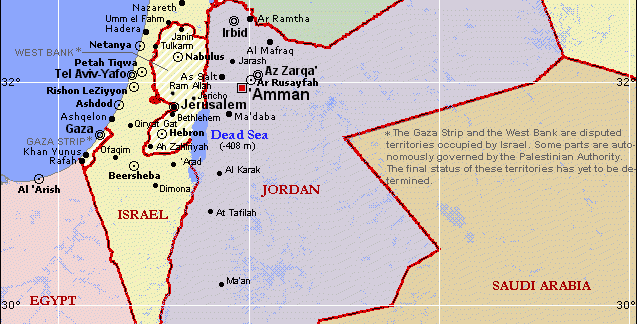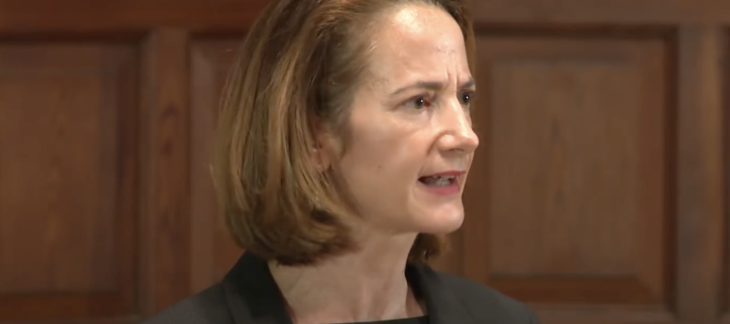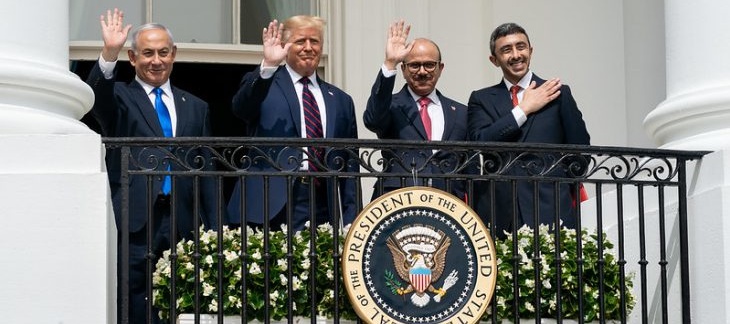Iron Dome benefits the US The remarkable performance the US-Israel jointly-produced Iron Dome mobile, all-weather, anti-missile defense system – during the May 2021 Gaza war against Hamas terrorists – was another milestone in the mutually-beneficial US-Israel alliance in the face of mutual terrorist threats and in the pursuit of cutting-edge…
